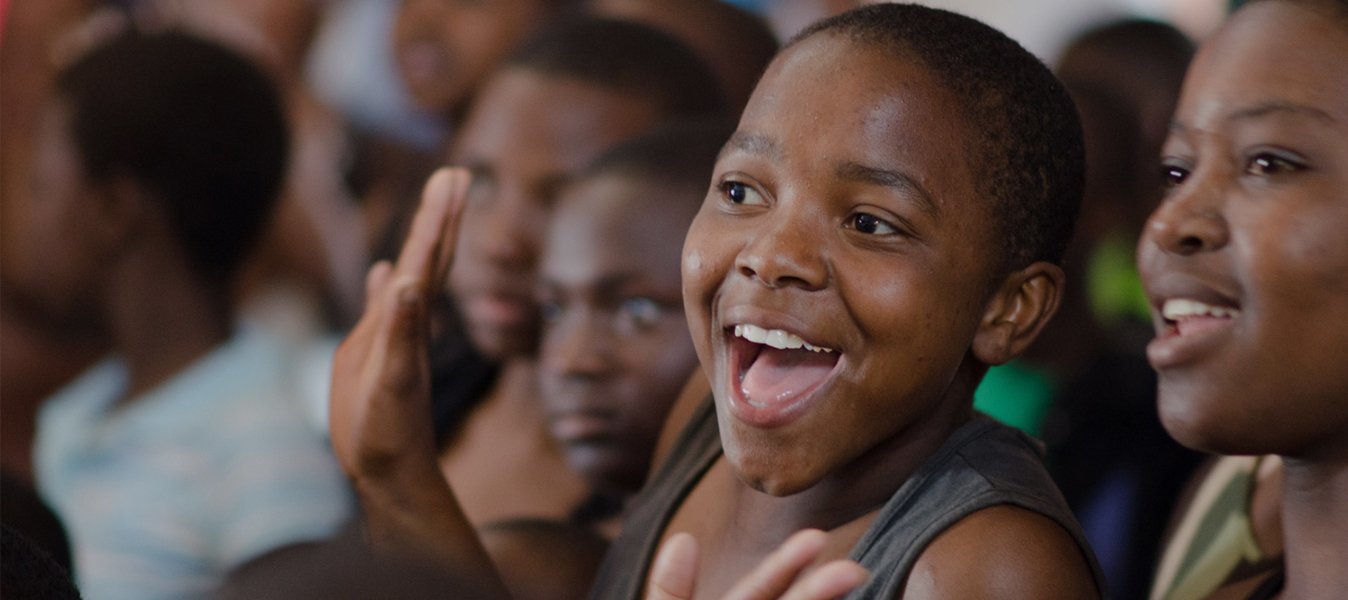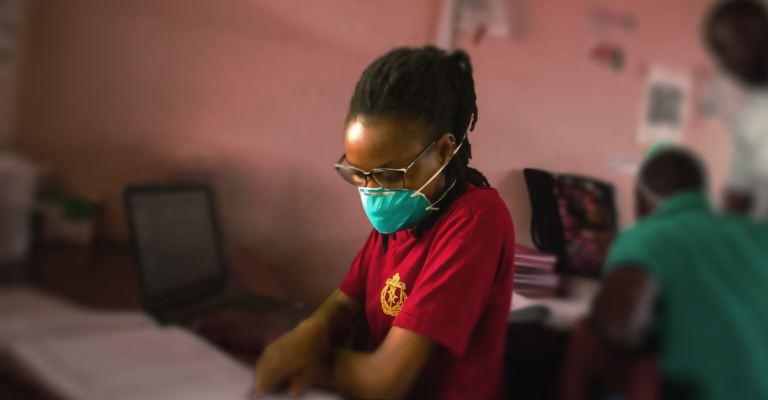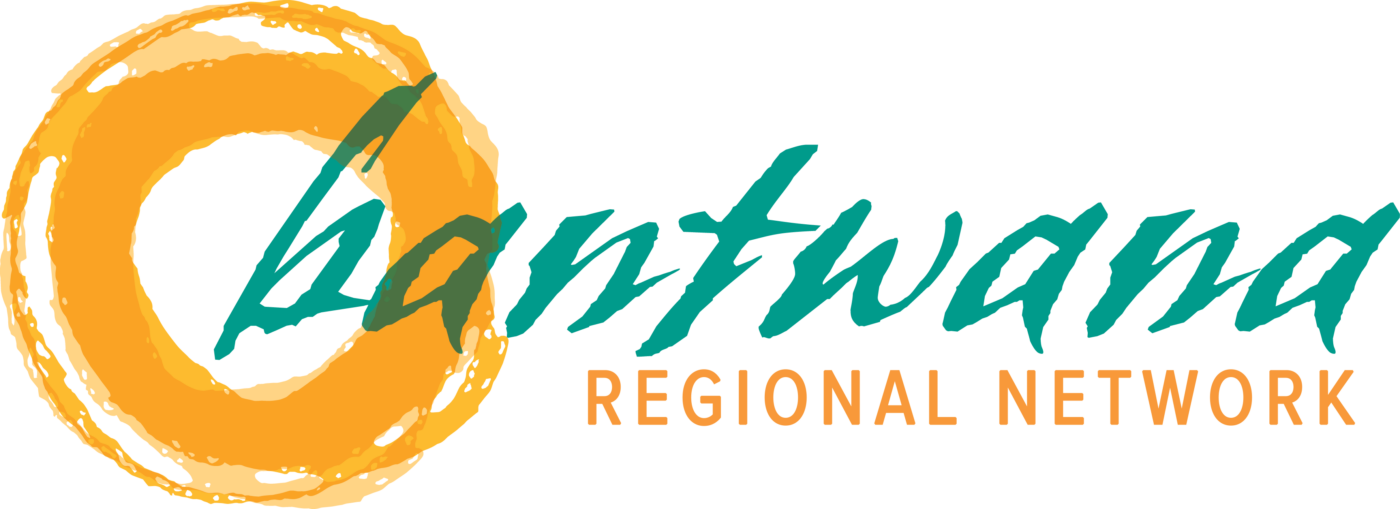
Safeguarding children, youth and vulnerable families during the COVID-19 pandemic

The social and economic impacts of the COVID-19 pandemic are being felt in communities across Africa. We know from the evidence and our experience that violence against women and children surges during emergencies. At the same time, the services and systems set up to respond to gender-based violence break down or become harder to access. WHO is already reporting that violence is on the rise and governments are recognizing that child protection services remain “essential.”
Across the six countries where Bantwana works, our field teams have mobilized to ensure that critical child protection and HIV services continue, and that families have accurate information to protect themselves from COVID-19. It is critical that families and children, especially those living with HIV and sexual abuse survivors who need medical attention, are swiftly connected to healthcare resources.
Our response to COVID-19 is evolving daily.
Bantwana is putting rapid response protocols in place to protect our staff, and government and community field workers. We are connecting with our donors, governments, and civil society partners to identify ways that government social workers and community case managers can safely maintain contact with the families they work with and reach them remotely with accurate information about how COVID-19 spreads and how to protect themselves. These frontline workers can model protective behaviors, provide parenting and other family coping tips to prevent abuse, and help families plan what to do if a family member becomes sick.
Accurate and actionable information about COVID is critical. We are working with our teams to ensure that they have the latest information on the disease and how people can protect themselves. We are also working to ensure that children and youth living with HIV can access their medications without interruption.
Following are highlights of how Bantwana country teams are contributing to the COVID-19 response and sustaining critical HIV and violence-prevention services:
- In Eswatini, we are partnering with PACT under the Insika Ya Kusasa project to provide COVID-19 information and education to beneficiaries remotely by phone and WhatsApp. We are reaching children and adolescents living with HIV with remote support to ensure they are adhering to their antiretroviral therapy (ART) and providing remote case management support to abuse victims. The Go Girls Connect project is leveraging its digital infrastructure to educate adolescent girls and young women around COVID-19 prevention and response using remote outreach via mobile phones and WhatsApp messaging. We will pilot a digital GBV self-screening tool for AGYW that can link them to case workers.
- In Mozambique, the Forca a Communidad e Criancas project is working with the Ministry of Health to identify alternative communication channels for delivering youth-friendly COVID-19 prevention and response messages and materials. We are keeping local partners up-to-date with the latest protocols and guidelines. And we are connecting with clinical partners to ensure families continue to safely receive their ARVs in the community to maintain adherence and low viral loads.
- In Uganda, case workers under the Western Uganda Bantwana program are providing remote support to positive parenting groups and village savings and loan groups, calling and texting members to reinforce positive parenting guidance. We have proposed establishing a child protection emergency response fund covering personal protective equipment (PPE), emergency shelter and transportation costs to enable child protection workers to safely intervene in child abuse cases and emergencies. We are working to tap community radio and ICT mobile cell platforms to raise awareness of the increased risk of violence during this time and to provide COVID-19 child protection and parenting messages.
- Also in Uganda, the USAID-supported Better Outcomes for Children and Youth (BOCY) program is increasing mobile phone airtime allowances for community social workers so that they can stay in frequent communication with clinics and households, and providing them with digital copies of government guidance. This will enable them to provide accurate information on COVID-19 and check on adherence and protection issues for HIV-positive children, especially those at high risk of violence.
- In Tanzania, our Waache Wasome (“Let them learn”) project team is refining COVID-19-related materials for sharing remotely with teachers, students, and students’ families. While a national school closure has temporarily interrupted direct support to beneficiaries, project staff are preparing pilot video and audio sessions to continue our core work building the protective assets of adolescent girls, reducing school-related gender-based violence, and strengthening household economic resilience. We also plan to deliver key messages through a network of community radio stations, and to support local government authorities and partners to safely conduct on-site support and monitoring of cases.
- In Zimbabwe, Bantwana is integrating COVID-19 prevention and response into our UNICEF-supported child-protection programming in 23 districts, with social workers and community case workers being deemed essential by the government. We will deploy emergency community case workers—trained to protect themselves and others—and provide them with PPE. We are stepping up collaboration with health facilities to ensure timely referral of suspected cases, establishing an emergency fund for urgent cases, and reinforcing social distancing measures. We will also use social media and child-friendly communication channels to reach parents and children with accurate information about COVID-19 and dispel harmful myths.
At the global level, Bantwana is collaborating with USAID, PEPFAR, and other partners to develop HIV-sensitive guidelines for remote case management aimed at ensuring continuity of child protection services and adherence to HIV treatment.
